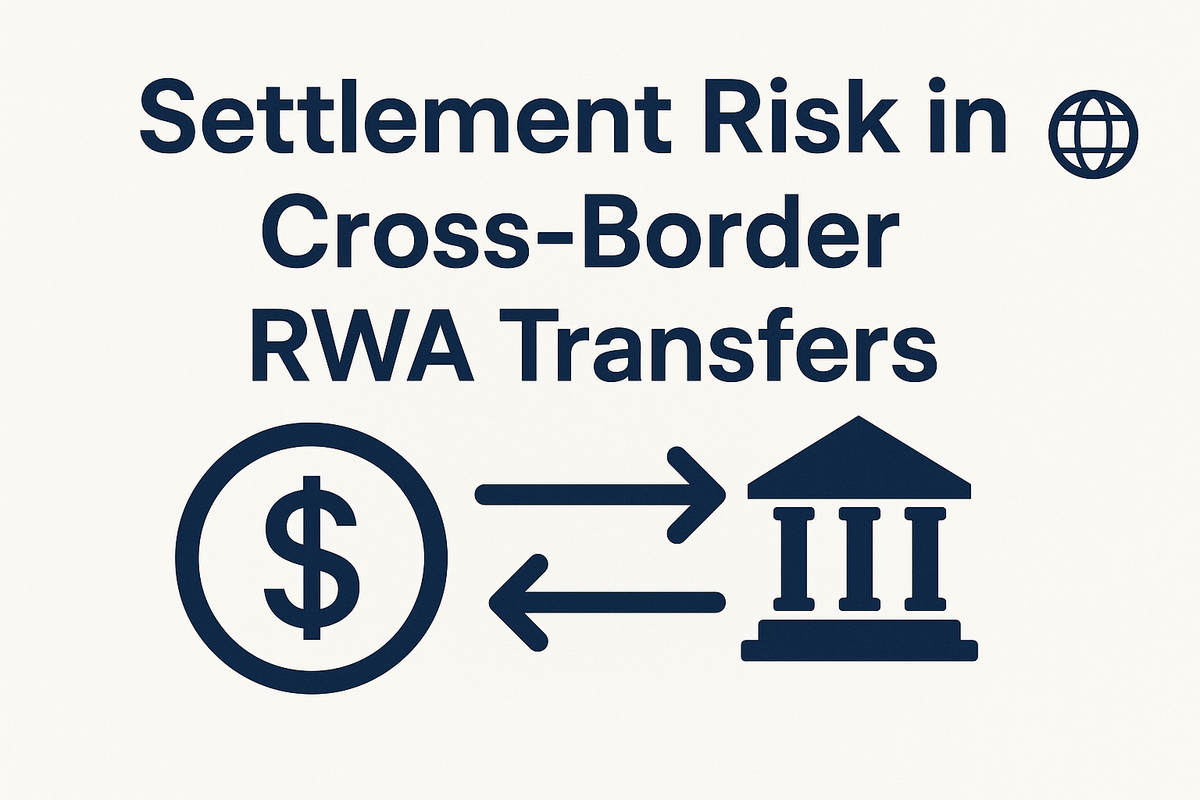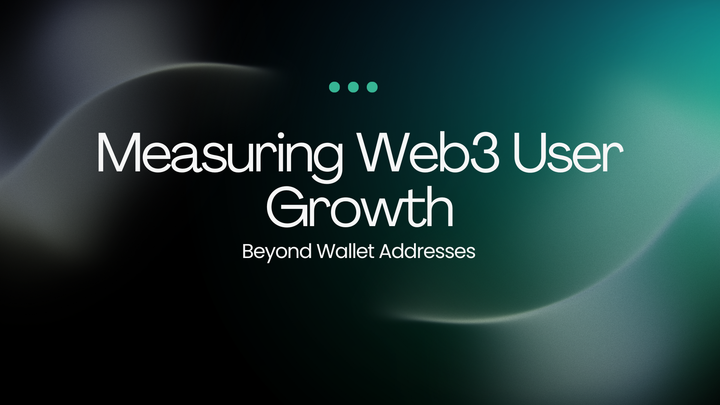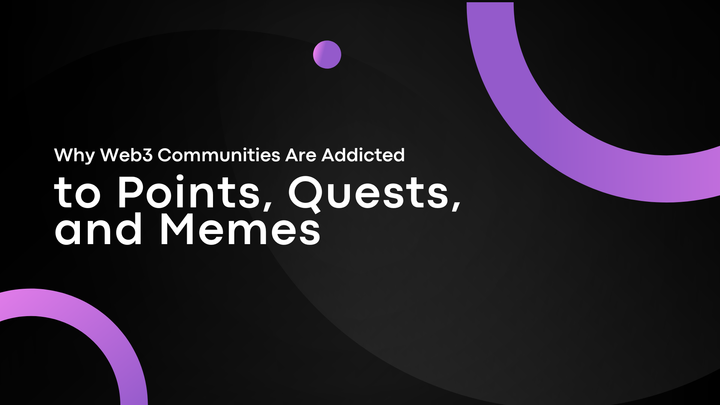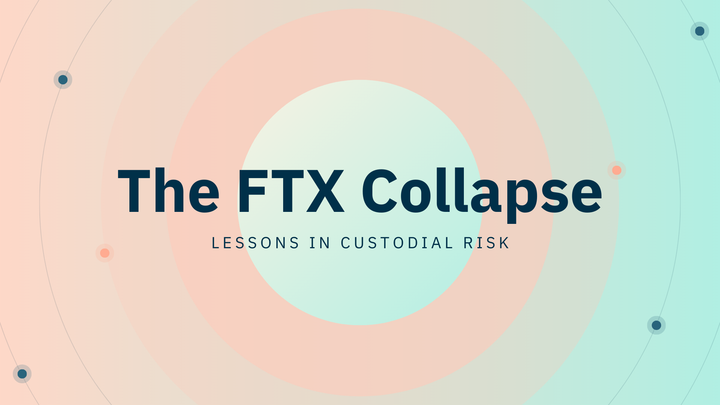Settlement Risk in Cross-Border RWA Transfers —

Real-World Assets (RWAs) like Treasury bonds, real estate, or private credit are now being tokenized and traded on the blockchain. This means you can buy or sell real-world financial products through digital tokens. But when these tokens move across borders (from one country or system to another), something called settlement risk becomes a big deal.
Let’s break it down 👇
What is Settlement Risk?
Settlement risk means the risk that a transaction doesn’t go through properly. For example:
- You send payment but don’t get the token.
- You get the token, but the real-world asset isn’t legally transferred to you.
- One side finishes the deal, but the other side delays or fails.
This can cause loss of money, legal problems, and trust issues.
Why It’s a Problem in Cross-Border Transfers
When RWAs move between countries, the process involves multiple layers:
- Different legal systems
- Time zone differences
- Bank delays
- Manual back-office work
- Blockchain + TradFi coordination
This mix of traditional finance and crypto adds extra friction and delay, increasing the chance that something goes wrong.
Example: Tokenized U.S. Treasury Bought by a German Fund
Let’s say a German investment fund buys a U.S. Treasury token from an American issuer. Problems can happen like:
- The payment gets stuck in the SWIFT banking system.
- The token gets transferred, but legal ownership isn’t recorded properly.
- The two parties operate on different blockchains, causing a delay in syncing records.
Each of these can create settlement risk.
How to Reduce Settlement Risk
Solutions being built include:
- Atomic settlement – Both sides of the deal happen at the same time, or not at all.
- Blockchain-native RWAs – Assets are created directly on-chain, not just represented.
- Interoperability protocols – These help sync multiple blockchains and TradFi systems.
- Legal wrappers – Smart contracts tied to legal agreements for automatic enforcement.
Projects like RedStone, Securitize, Ondo, and LayerZero are helping solve this.
Why It Matters
As more institutions invest in tokenized RWAs, trust and security in cross-border transfers are critical. If people lose money due to settlement failures, the whole ecosystem suffers.
That’s why solving settlement risk is not just a technical problem, but a financial and legal one too.
Conclusion
Settlement risk is one of the biggest challenges in the global movement of tokenized real-world assets. As the worlds of traditional finance and blockchain come together, delays, mismatched systems, and legal differences create serious risks in cross-border transfers.
To unlock the full potential of RWAs, we need systems that can guarantee safe, fast, and synchronized settlement—regardless of geography or technology stack. This means better infrastructure, legal clarity, and trustless automation.
In short: solving settlement risk is essential for making RWAs truly global and reliable.



Comments ()